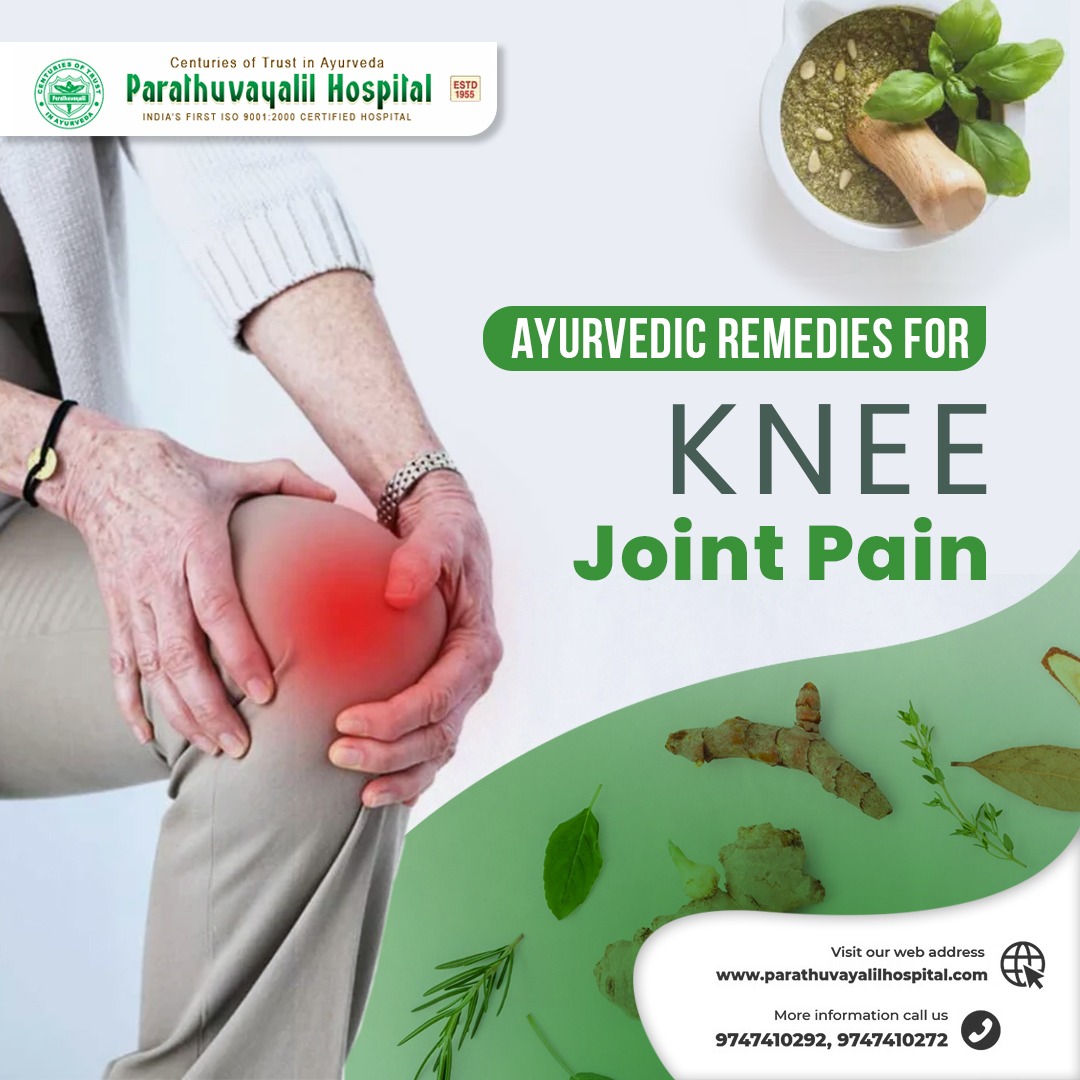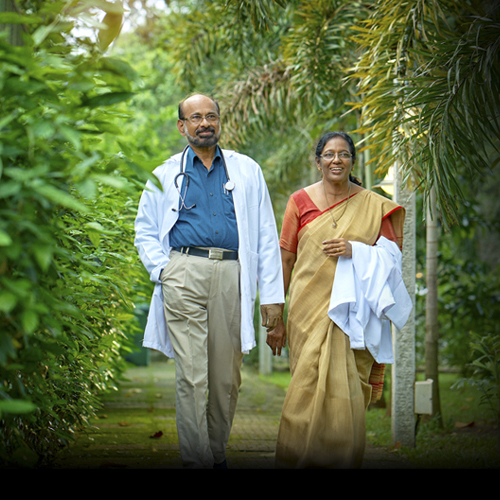
Ayurvedic Remedies for Knee Joint Pain

According to Ayurveda, joint pain may have a vata- or ama-related cause. First off, joint pain caused by vata affects digestion of food properly as well as circulation and metabolism. The bone tissue progressively deteriorates due to malnutrition. Pain, cracks, and rigidity are consequently brought on by inadequate lubrication.
In addition, ama-related joint pain is brought on by toxin build-up in joints. As a result, there might be heaviness and rigidity. In cold or humid weather, your symptoms could worsen. Existing toxins become more reactive and irritable. This could lead to joint pain, edema, and inflammation.
Thankfully, Ayurveda provides a treatment for both kinds.
- Diet
Joint problems related to Vata may make joints less lubricated because of the dryness of the Shleshaka Kapha. You should consume a lot of sweet, sour, and salty foods to balance your Vata dosha. Try eating meals high in calcium to strengthen your bones. Avoid consuming caffeine or eating an extremely acidic diet. These may reduce the calcium and magnesium levels in your body.
- Herbs
Ayurvedic herbs provide anti-inflammatory qualities without the normal side effects. Each of these herbs has specific healing properties that can alleviate joint pain through food or medication. For instance, the special anti-inflammatory properties of nirgundi, ginger, and eucalyptus assist lessen joint pain.
- Janu basti
It is a process in which a circle of specially prepared, lukewarm oil is created around the affected joint and left there for 30 to 40 minutes. Janu basti promotes the mobility of the knee joints by restoring the lubricating fluid in the joint and keeping the integrity of the structures involved in the joint. It also protects knee joints from age-related changes by boosting blood circulation.
- Lepa
Medicated paste is applied to the joint, then it is bandaged. Depending on the patient's health, paste is held for 3 to 6 hours. It eases stiffness, discomfort, and sensitivity in the joints while relaxing the muscles surrounding them.
- Abhyanga
It entails full-body massage or localised massage with medicinal oils over the injured joints. Abhyanga strengthens the muscles and joints, increases circulation, calms vata, which lessens discomfort.
- End Point
Joint pain can be treated safely and effectively with ayurveda. To efficiently and naturally cure such pain, Ayurveda suggests a nutritious diet, herbal remedies, and a few more treatments. Speak with one of our specialists to find out more about the available treatments. To learn more visit www.parathuvayalilhospital.com






